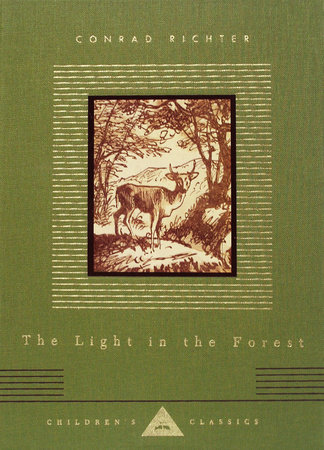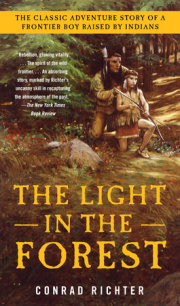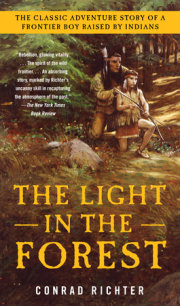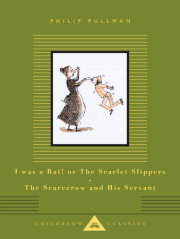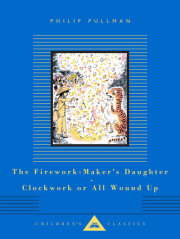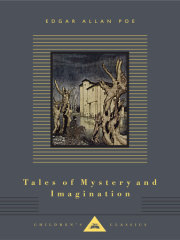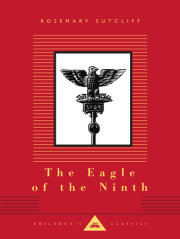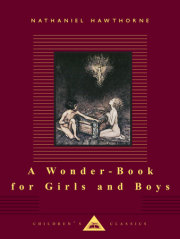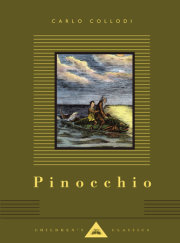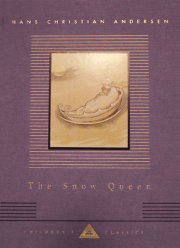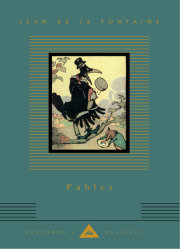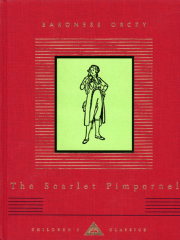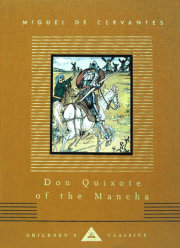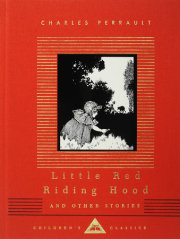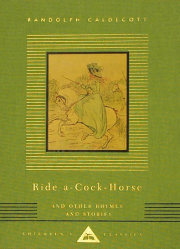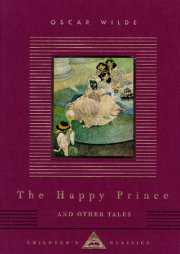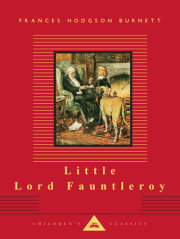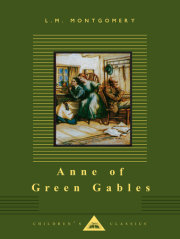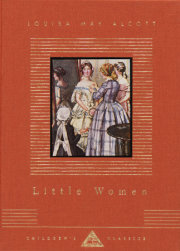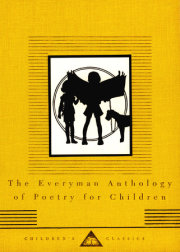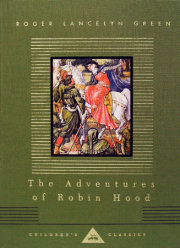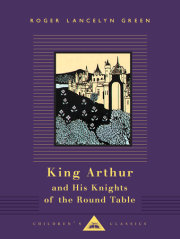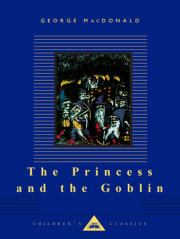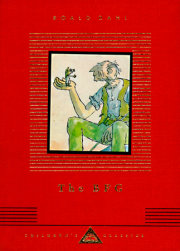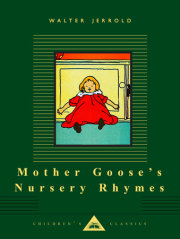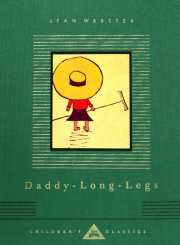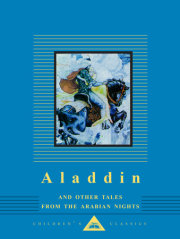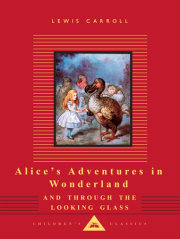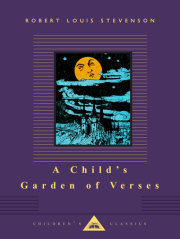Chapter 1The boy was about fifteen years old. He tried to stand very straight and still when he heard the news, but inside of him everything had gone black. It wasn't that he couldn't endure pain. In summer he would put a stone hot from the fire on his flesh to see how long he could stand it. In winter he would sit in the icy river until his Indian father smoking on the bank said he could come out. It made him strong against any hardship that would come to him, his father said. But if it had any effect on this thing that had come to him now, the boy couldn't tell what it was.
For days word had been reaching the Indian village that the Lenni Lenape and Shawanose must give up their white prisoners. Never for a moment did the boy dream that it meant him. Why, he had been one of them since he could remember! Cuyloga was his father. Eleven years past he had been adopted to take the place of a son dead from the yellow vomit. More than once he had been told how, when he was only four years old, his father had said words that took out his white blood and put Indian blood in its place. His white thoughts and meanness had been wiped away and the brave thoughts of the Indian put in their stead. Ever since, he had been True Son, the blood of Cuyloga and flesh of his flesh. For eleven years he had lived here, a native of this village on the Tuscarawas, a full member of the family. Then how could he be torn from his home like a sapling from the ground and given to the alien whites who were his enemy!
The day his father told him, the boy made up his mind. Never would he give up his Indian life. Never! When no one saw him, he crept away from the village. From an old campfire, he blackened his face. Up above Pockhapockink, which means the stream between two hills, he had once found a hollow tree. Now he hid himself in it. He thought only he knew the existence of that tree and was dismayed when his father tracked him to it. It was humiliating to be taken back with his blackened face and tied up in his father's cabin like some prisoner to be burned at the stake. When his father led him out next morning, he knew everybody watched: his mother and sisters, the townspeople, his uncle and aunt, his cousins and his favorite cousin, Half Arrow, with whom he had ever fished, hunted and played. Seldom had they been separated even for a single day.
All morning on the path with his father, crazy thoughts ran like squirrels in the boy's head. Never before had he know his father to be in the wrong. Could it be that he was in the right now? Had he unknowingly left a little white blood in the boy's veins and was it for this that he must be returned? Then they came in sight of the ugly log redoubts and pale tents of the white army, and the boy felt sure there was in his body not a drop of blood that knew these things. At the sight and smells of the white man, strong aversion and loathing came over him. He tried with all his young strength to get away. His father had to hold him hard. In the end he dragged him twisting and yelling over the ground to the council house of the whites and threw him on the leaves that had been spread around.
"I gave talking paper that I bring him," he told the white guards. "Now he belong to you."
It was all over then, the boy knew. He was as good as dead and lay among the other captives with his face down. He was sure that his father had stayed. He could feel his presence and smell the sweet inner bark of the red willow mixed with the dried sumach leaves of his pipe. When dusk fell, a white guard came up. The other soldiers called him Del, perhaps because he could talk Delaware, the strange name the whites gave the Lenni Lenape and their languages. True Son heard Del tell his father that all Indians must be out of the camp by nightfall. From the sounds the boy guessed his father was knocking out his pipe and putting it away. Then he knew he had risen and was standing over him.
"Now go like an Indian, True Son," he said in a low, stern voice. "Give me no more shame."
He left almost at once and the boy heard his footsteps in the leaves. The rustling sound grew farther and farther away. When he sat up, his father was gone. But never before or since was the place his father was going back to so clear and beautiful in the boy's mind. He could see the great oaks and shiver-bark hickories standing over the village in the autumn dusk, the smoke rising from the double row of cabins with the street between, and the shining, white reflection of the sky in the Tuscarawas beyond. Fallen red, brown and golden leaves lay over roofs and bushes, street and forest floor. Tramping through them could be made out the friendly forms of those he knew, warriors and hunters, squaws, and the boys, dogs and girls he had played with. Through the open door of his father's cabin shone the warm red fire with his mother and sisters over it, for this was the beginning of the Month of the First Snow, November. Near the fire heavy bark had been strewn on the ground, and on it lay his familiar bed and the old worn half-grown bearskin he pulled over himself at night. Homesickness overwhelmed him, and he sat there and wept.
After a while he was conscious of eyes upon him. When he looked up, he saw the white guard they called Del, standing there in the dusk that to the Indian is part of the day and part of the night. The white soldier was about twenty years old, with red hair and a hunting shirt of some coarse brownish cloth. The bosom stuck out like a pouch from his belongings carried in it. His belt was tied in the back and his cape fringed with threads that in the daylight were raveled scarlet and green. But what affronted the boy was that the white guard laughed at him.
Instantly True Son turned and lay on his face again. Inside of him hate rose like a poison.
"Once my hands are loose, I'll get his knife," he promised himself. "Then quickly I'll kill him."
Copyright © 2004 by Conrad Richter. All rights reserved. No part of this excerpt may be reproduced or reprinted without permission in writing from the publisher.

